-
5 Things You Should Know About Neurodiversity
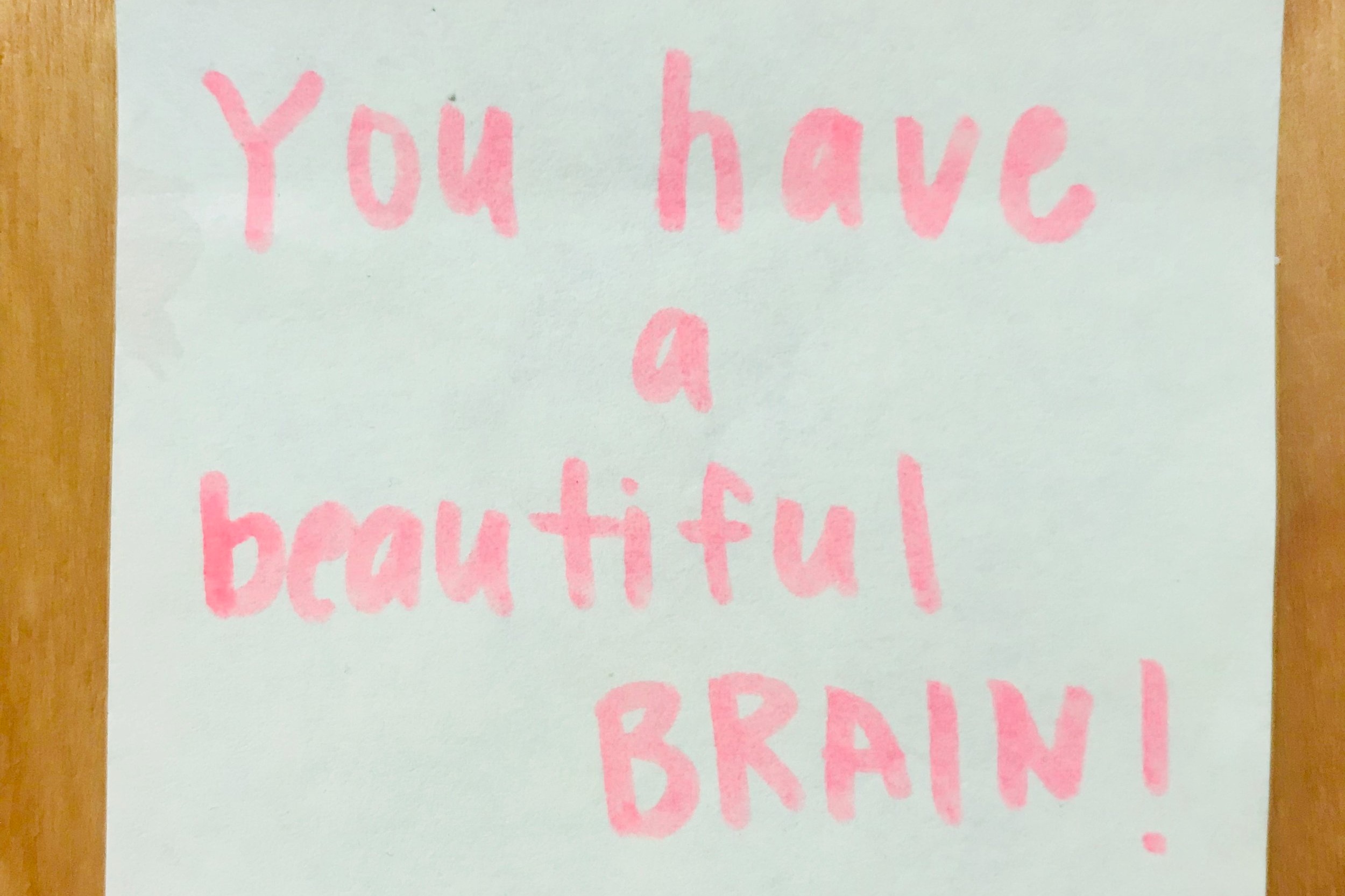
The term neurodiversity refers to a growing movement that views differences in people’s neurology as providing them with valuable diversity and skills opposed to viewing their neurological differences as a disease or disorder that requires treatment. In this article, we list 5 things you should know about neurodiversity.
-
Early Adulthood: Changes and Challenges
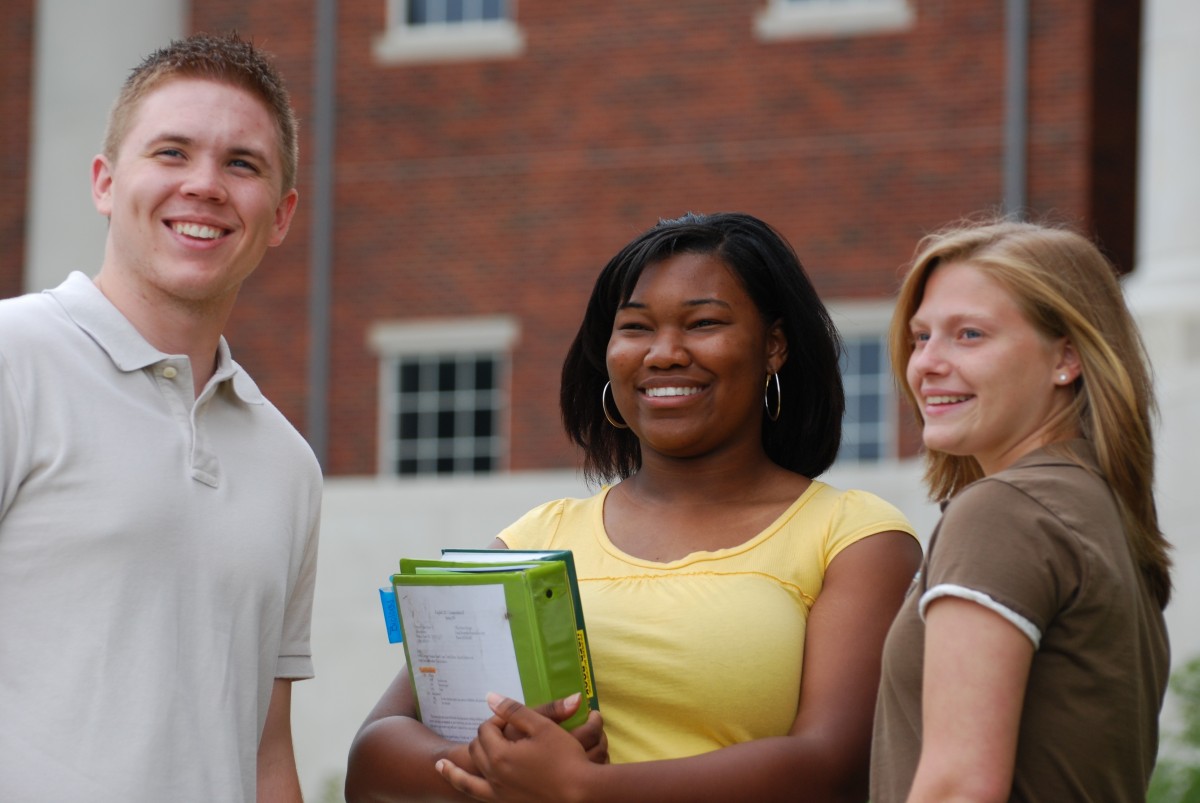
Early adulthood is a time period in an individual’s life that is characterized by both external and internal changes. What do we know about this stage of development, and why is it important for psychological researchers to continue to explore it?
-
Teenage Brains and High-Stakes Situations

This article was authored by Pragya Arya and Danny Rahal as part of the 2018 pre-graduate spotlight week. Teenagers are notorious for being irresponsible and making bad decisions. Almost all of us have witnessed or bore the brunt of parents nagging kids to take “important” situations more seriously and work harder. TV producers and novelists…
-
No Brain Gets Left Behind

This article is authored by Dominic Tran with the mentorship of Sarah M. Tashjian and is a part of the 2018 pre-graduate spotlight week. For most kids in the United States, formal schooling begins at the age of 5 as they enter elementary school and learn the essential skills of reading, writing, and mathematics. Although…
-
Chronotype and Adolescence: Why being an “evening person” as a teenager is disadvantageous

Adolescents who are evening-types tend to report several negative outcomes on a variety of measures compared to their morning-type counterparts.
-
A look behind a changing mind
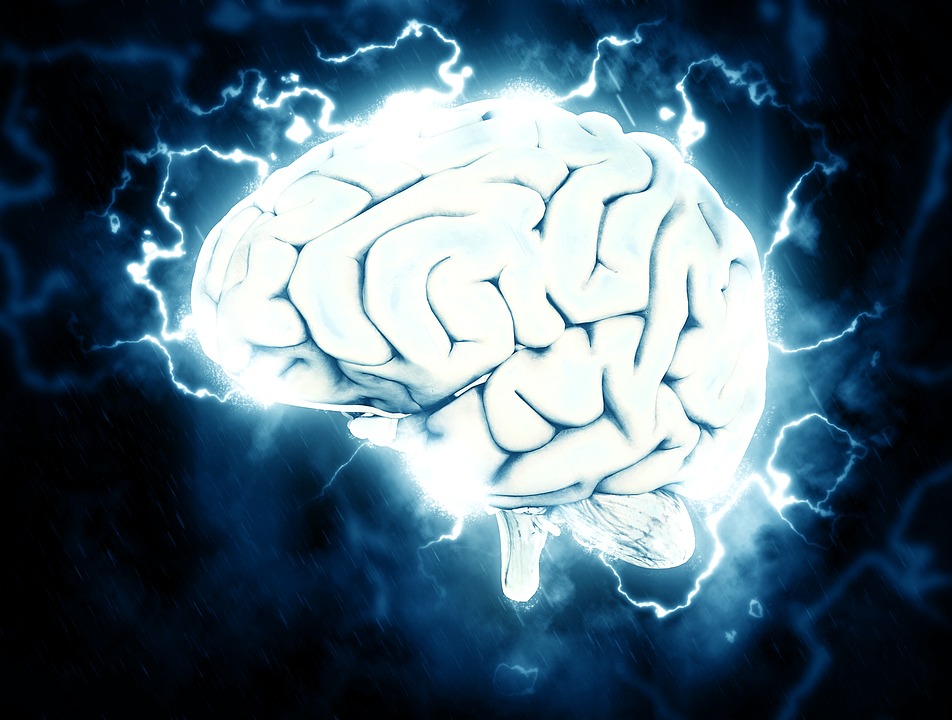
What’s going on in the brain when someone does change their mind? Understanding neural systems underlying belief maintenance can bring scientists closer to communicating new research in a way that makes people more amenable to updating their beliefs.
-
The Case For Reality: Because Apparently Someone Needs to Make One

This morning, I read an article on consciousness and physics (“The Case Against Reality” in The Atlantic). The beginning of the article starts off with a broad statement: That our senses aren’t completely accurate; that the world isn’t perfectly represented them. It’s a relative statement so it’s not worth disagreeing with. That is, given the…
-
Highlights of “Building Minds”
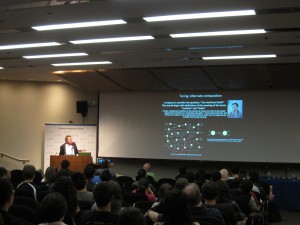
For those who missed “Building Minds: Microchips & Molecules”, here is a taste of the action. For all who packed the CNSI auditorium in May for our annual interdisciplinary symposium, here is a quick trip down memory lane. Enjoy! Gimzewski (’15 symposium) UCLA’s James Gimzewski cited Alan Turing in his talk describing his research on…
-
“Building Minds: Microchips & Molecules” Symposium – May 18, 2015
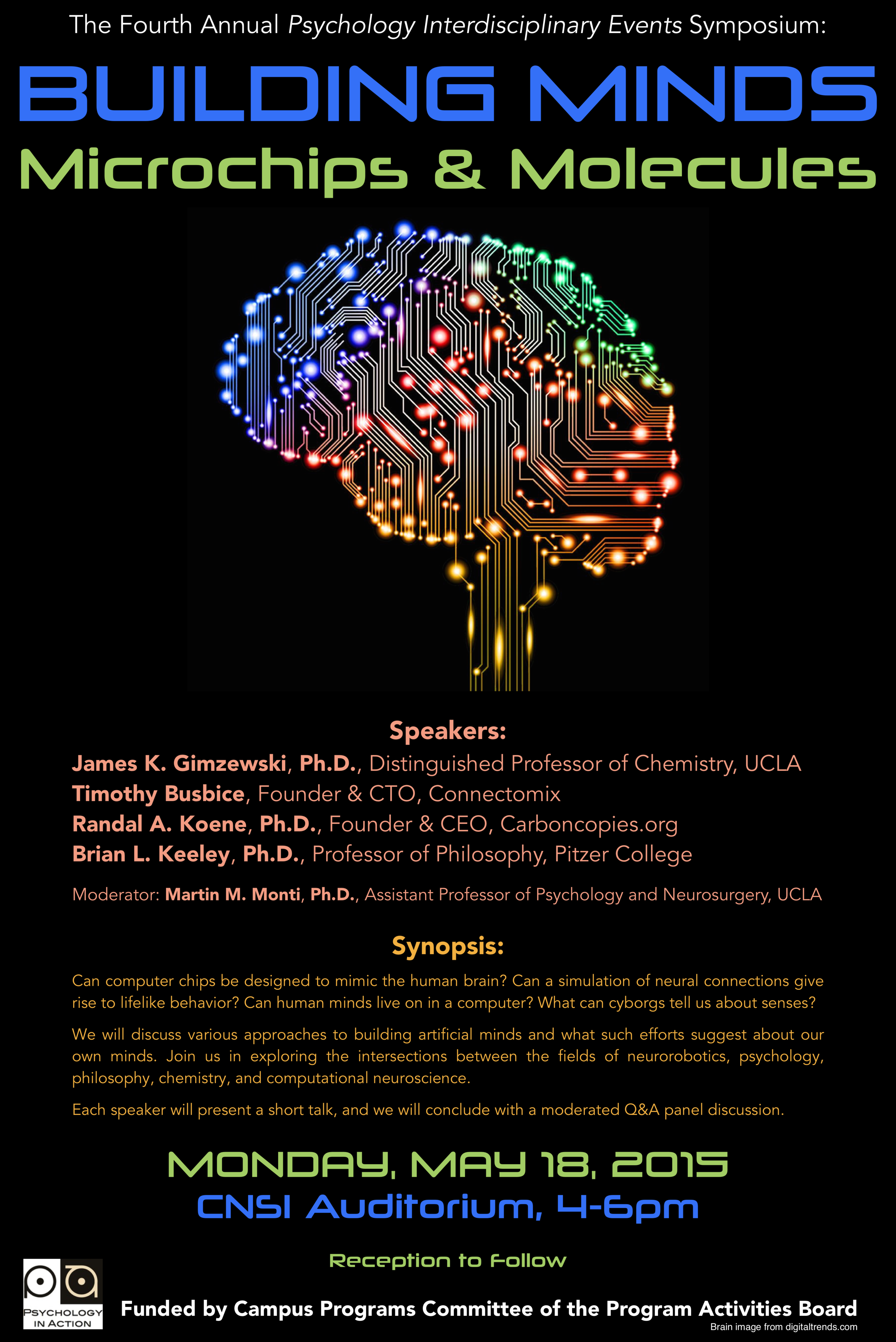
Psychology in Action is proud to announce the fourth annual Psychology Interdisciplinary Events symposium, Monday, May 18th, 2015, from 4 to 6pm in UCLA’s CNSI Auditorium. The discussion will focus on various attempts to create artificial minds and what they tell us about our own minds. The event is completely FREE and open to the general…
-
Psychology in Action’s Women in Brain Sciences and Technology Event
Psychology in Action’s Outreach Program co-hosted a very successful awareness event on UCLA campus last quarter with UCLA’s Cognitive Science Student Association (CSSA). Geared towards inspiring and educating undergraduate women who are looking to pursue degrees in STEM-related fields, the Women in Brain Science and Technology Event saw over 45 undergraduate attendees. In a field predominantly…